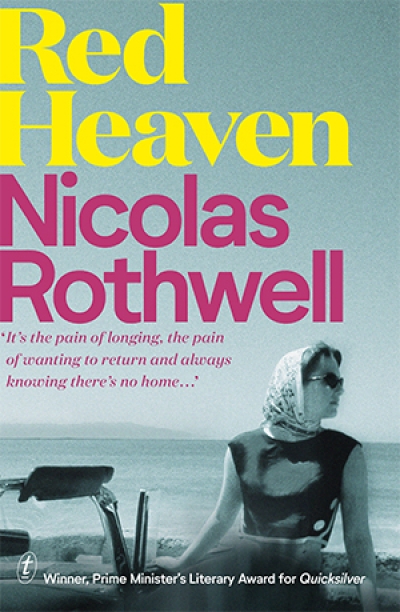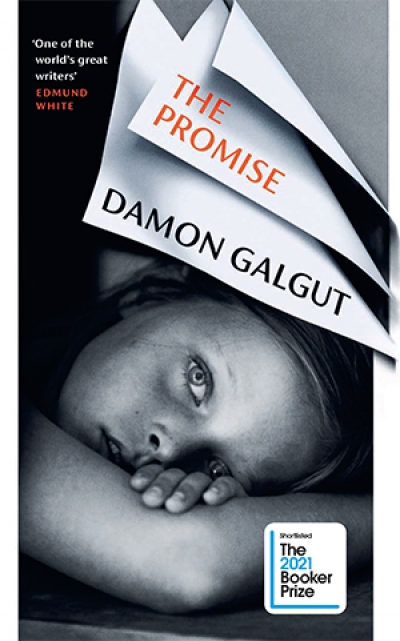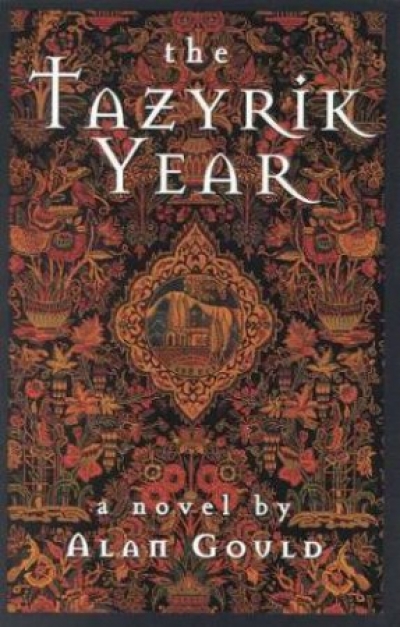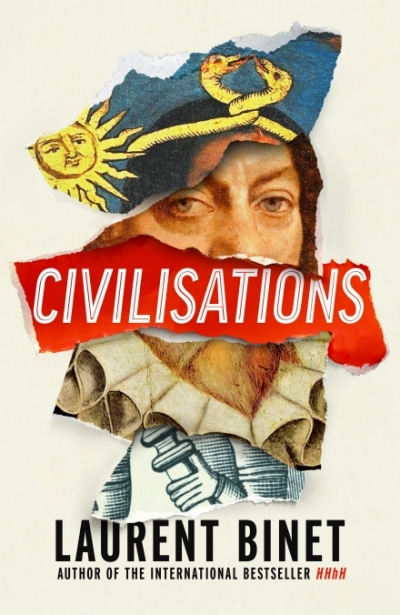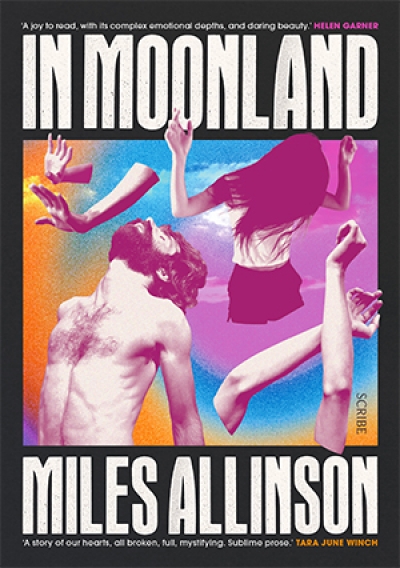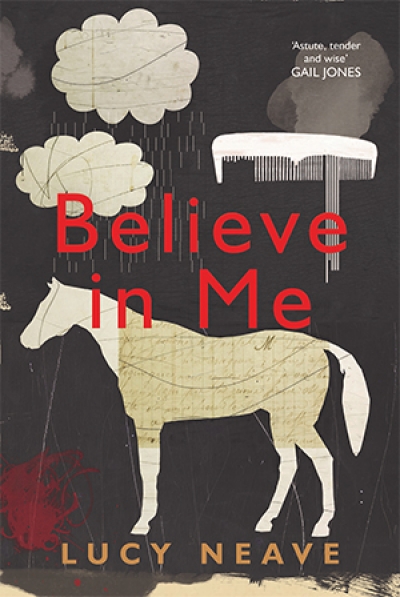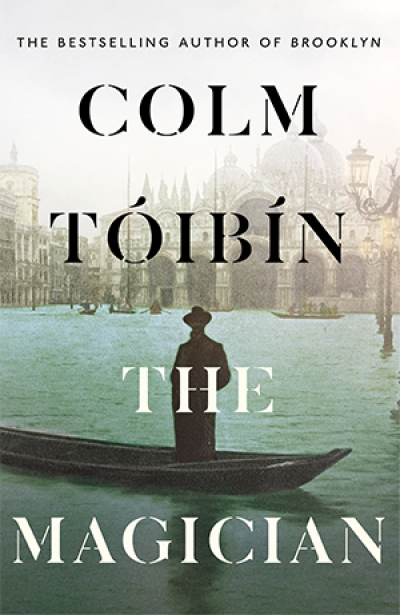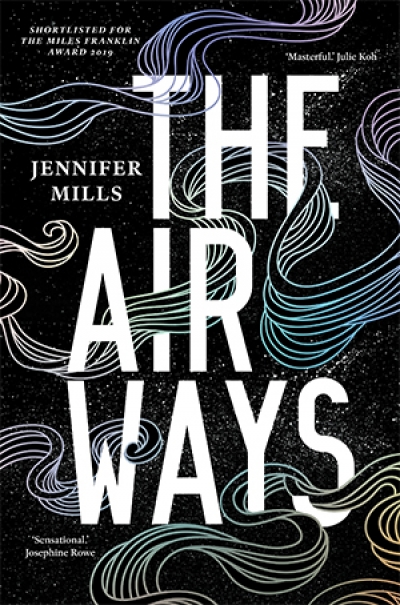Fiction
By the end of Hugh Breakey’s The Beautiful Fall (Text, $32.99 pb, 349 pp), it is hard to remember that the prologue hinted at stimulating possibilities. In it, Robbie’s past self writes to his present one, explaining that he suffers from recurring amnesia, which strikes every 179 days. Readers could be mistaken for thinking they are in for meditations on time and memory, maybe even on the meaning of a life lived episodically. When it is revealed that Robbie is building an intricate arrangement of 83,790 dominoes in his living room, readers might even imagine a novel that touches on metaphysical themes in the vein of Jorge Luis Borges.
... (read more)Civilisations by Laurent Binet, translated by Sam Taylor
Writers seeking publication are often advised to have an ‘elevator pitch’ ready. These succinct book-hooks are designed to jag a trapped publisher in the wink between a lift door closing and reopening. Has this insane tactic ever actually worked? No idea. But it’s fun to imagine the CEO of Big Sales Books, on their way up to another corner-office day of tallying cricket memoir profits, blindsided by three of the looniest elevator pitches imaginable. A novel narrated by Jackson Pollock’s Blue Poles! A faux political memoir about a prime minister and his shark vendetta! An academic satire cum historical mystery mashup told largely through the – wait, wait, wait! – footnotes of a PhD thesis! That CEO will probably take the stairs next time, but kudos to the independent publishers who saw the potential in these experimental works and their début authors. Whatever the path of weird Australian writing, long may it find its way to these pages.
... (read more)
